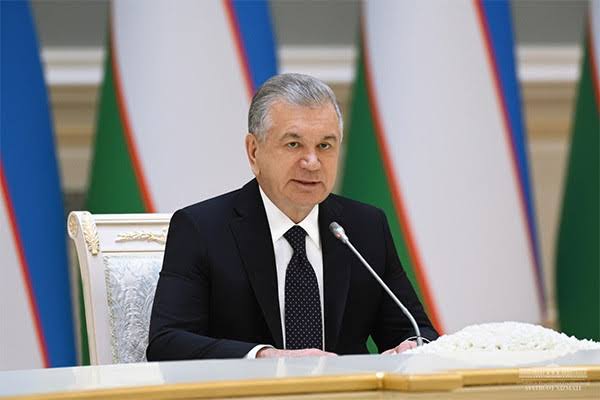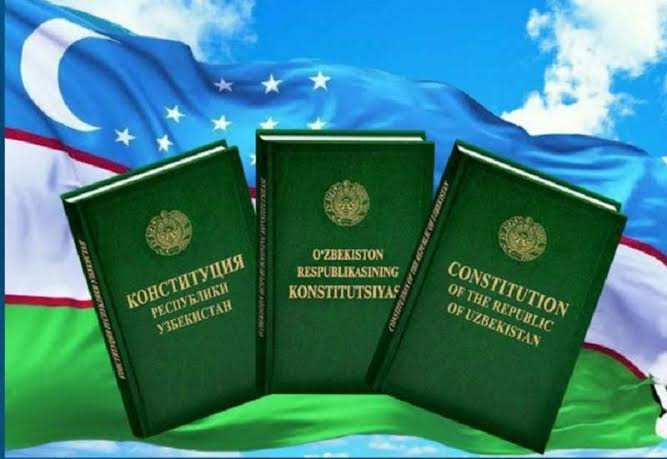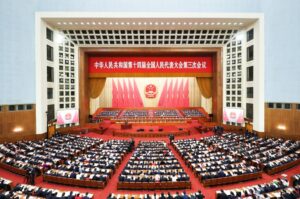The Referendum in Uzbekistan in 2023: Strategic Relevance

Since 2016, the Central Asian region has been in the process of socio-economic, geopolitical and geostrategic transformation. The countries of the region, as part of the implementation of reforms, are striving to democratize society, create favorable conditions for the life of the population, as well as strengthen intraregional cooperation.
It is worth noting that the main driver of these processes is the verified and pragmatic Uzbekistan’s policy under the headship of its leader Sh.Mirziyoyev, the period of his presidency, which is associated with large-scale reforms aimed at further democratization in the country and the formation of a spirit of good neighborliness in the region.
This year’s the extraordinary Parliamentary elections held on March 19 in Kazakhstan, the first parliamentary elections in Turkmenistan after the constitutional reform (March 26), as well as the Referendum on amendments to the Constitution of Uzbekistan scheduled for April 30 can be outlined as a continuation of decisive transformations in the region.
A successful referendum will further strengthen the spirit of justice, political diversity, administrative transparency, along with the introduction of proper corporate governance in the decision-making process from top to bottom in Uzbekistan.
According to official statements, more than 65% or 2/3 of the current constitution will be changed with the direct participation of the Uzbek people and taking into account international experience.
It is newsworthy that as part of the research of public opinion, more than 200,000 suggestions and comments were received from ordinary citizens, which demonstrates high level of the political activity of the population.
The new version of the Constitution will have 155 articles, instead of the current 128. The number of constitutional norms will also be increased from 275 to 434, which clearly reflects the quantitative social, political, economic and administrative revision, as well as qualitative adjustment of the Constitution by politicians, members of Parliament and, importantly, the public.

One of the innovations is the prohibition on the President, speakers of both chambers of the Oliy Majlis, the Chairman of the Supreme Court, the Chairman and Deputy Chairman of the Supreme Judicial Council, the Chairman of the Central Election Commission, the Prosecutor General and a number of other officials holding positions for more than two consecutive terms, which also proves the new vision of the Leadership of Uzbekistan.
The amendments propose to declare Uzbekistan a “social state” and prune down the number of legislators in the upper house of the Parliament of Uzbekistan – the Senate from 100 to 65.
In order to provide sufficient time for the implementation of all structural reforms, complete socio-economic and political transformation in the country, it is planned to extend the term of the President’s office from 5 to 7 years.
The constitutional reform was initiated by the President of Uzbekistan Shavkat Mirziyoyev in December 2021. The national discussion of the draft law on amendments to the Constitution was originally planned to be held before July 4, 2022, however, due to the mass riots that took place on July 1 and 2, 2022 in the Republic of Karakalpakstan, which is part of Uzbekistan in the status of autonomy, the draft amendments were returned for revision.
The proposed alterations plan to turn Uzbekistan into a “social state” where a person, his life, freedom, honor and dignity are the highest values.
The referendum will change the political upright from “state-society-person” to “person -society-state” and will contribute to the achievement of socio-economic prosperity and political stability.
The planned changes will be the beginning of a new era of “social cohesion”, “political will”, “administrative rearrangement” with new structural reforms, management systems, people-friendly policies, programs and projects to achieve the ultimate goals of the “New Uzbekistan” society.


